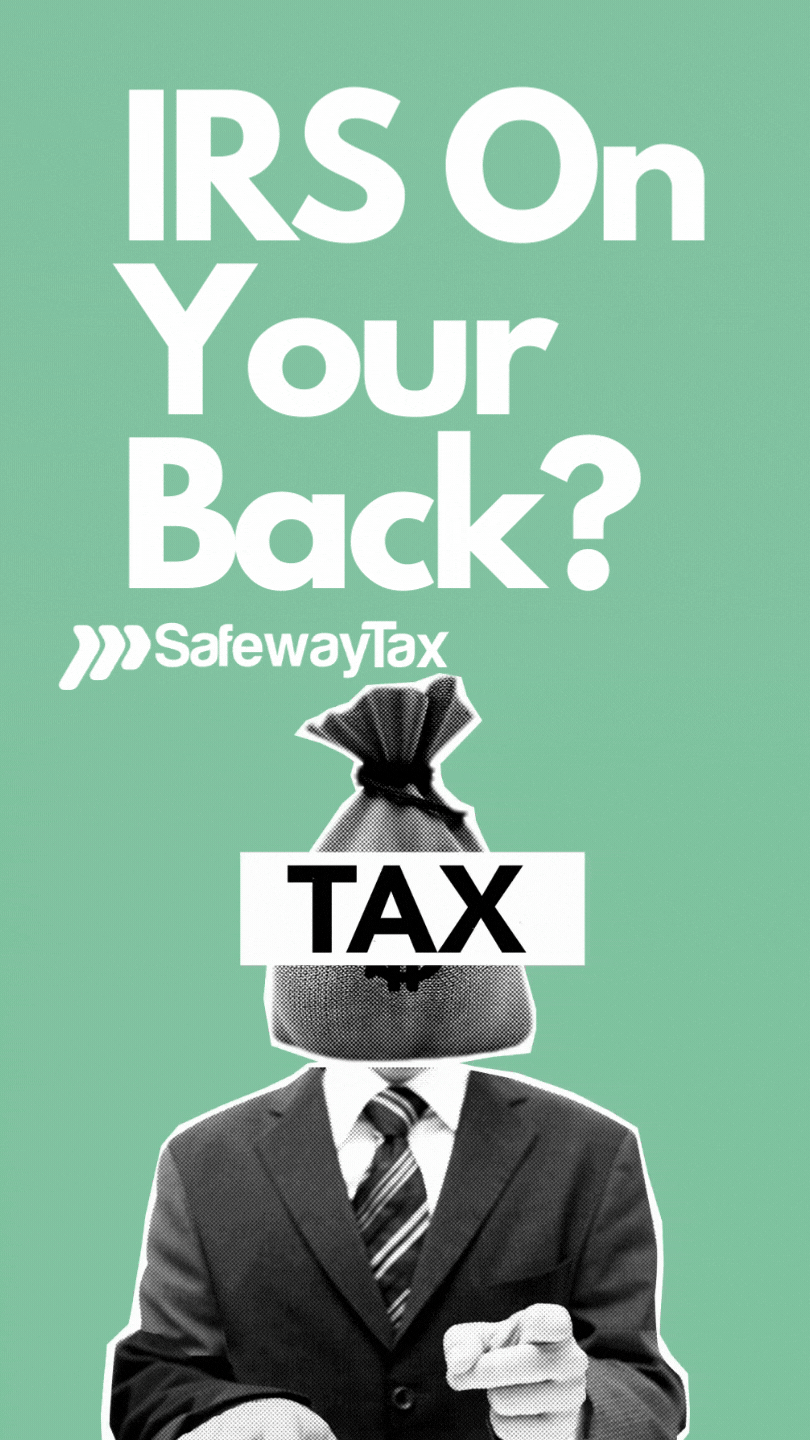The Child Tax Credit system is a system for taxpayers with children to get tax relief under the federal income tax. In 2022, the advanced Child Tax Credit comes with new terms and rules for taxpayers.
The advanced Child Tax Credit has new rules regarding credit payment. There are eligibility rules for taxpayers and the children they are responsible for. And finally, there is a process to receive your advanced child tax credit payment. Let’s look into it.
What Is The Advanced Child Tax Credit (CTC)?
The advanced child tax credit is an improvement to the previous child tax credit system. Under the American Rescue Plan Act, the credits per child have increased. Eligible taxpayers can now receive credits of up to $3600 through monthly payments for every child under age six.
On the other hand, eligible taxpayers with children from age 6 through 17 can receive up to $3,600 in child tax credits. The basic rule is that taxpayers can receive the credit through monthly payments—for under-six children, up to $300, and for school-age children, up to $250.
Eligibility Requirements For Advanced Child Tax Resolution
The advanced child tax credit system is not limited to only parents. Any American taxpayer with dependent wards under 17 who meets income requirements is eligible. Most families across the U.S. fall under this rule. The base rules for receiving the advanced child tax credit payments are as follows.
The receiver has to have at least one dependent child
Have to be a United States resident
Someone else does not claim them as dependent on their tax return.
As for eligible children, here are the requirements
- Have to be under 17 years of age
- They have to be a legal dependent of the taxpayer
- Have to be a U.S. resident, national, or citizen
- They do not financially support themselves for over half of the fiscal year.
Income Eligibility Rules For Advanced Tax Credit – Am I Eligible with $0 Of Income?
In terms of income, anyone is eligible if they fulfill the base rules. Individuals earning little or no income are also suitable for payments if they have dependents. The IRS has set the gross income limits for filers to receive their child tax credit.
Individual taxpayers earning up to $75,000
Parents or heads of the household earning up to $112,500
Married taxpayers, joint filers, and widows/widowers earning up to $150,000
After this limit, for every $1000 more the taxpayer earns, the IRS will reduce the credit by $50. As for the guardians with no income, they are still eligible for the payments. In the case of individual taxpayers, CTC payments are capped if your income is equal to or more than $95,000.
On the other hand, CTC payments are capped for joint filers if their income is equal to or more than $170,000. Lastly, the IRS has an online feature to register and receive your CTC payments for those who do not file tax returns.
How Will You Receive Advanced Child Tax Credit?
Regular receivers of Child Tax Credit payments have already received credits worth six months’ worth of payments, from July 2021 to December 2021. For the remaining half, eligible taxpayers have to file a tax return. Another option is to use the IRS CTC portal.
After the initial 6-month payment, eligible taxpayers will receive the letter 6419. The letter 6419 from the IRS will note the details of the Advanced Child Tax Credit payments they have sent you. To claim the rest of the amount, you must refer to letter 6419 when you file your taxes for 2021.
The IRS will send you your advanced Child Tax Credit payment through the bank information you provided in your last tax filing. If you have not included banking information, you can receive a check from the IRS with some delay in timing.
What to Do if Your Income Amount Changes – How Does It Affect Advanced CTC Payments?
It is common for your income to change over a financial year. Since your income affects the amount you receive for your advanced CTC payments, the change in income will affect it too. When you file your upcoming taxes, ensure the correct amount of income and refer to the letter 6419.
If you owe any back taxes, the IRS can claim them out of your advanced CTC payments. Similarly, you have to note and reduce the amount of advanced CTC you are eligible for with your income changes.
The amount you owe in CTC payments will have to be repaid with your income taxes. Again, if any of your dependents turn 18 by this year, you have to pay the IRS money in your subsequent tax filing.
How Do Advanced CTC Payments Work With Delinquent Tax Accounts?
If you have any taxes you owe to the IRS, the Child Tax Credit payment you are eligible for may be reduced. Any tax, federal, or state debts you owe can set your CTC payments off.
Overdue child support payments used to be withdrawn from CTC as well. But in the case of advanced Child Tax Credit payments, the rule does not apply.
The IRS has programs for those who owe past taxes to ensure they are not penalized significantly. Under such programs, you can ensure that your advanced Child Tax Credit payments are secure from back tax payments. Tax forgiveness and resolution programs can protect you from additional taxes.
How Can You Get IRS Tax Relief? – Get In Touch With IRS Fresh Start
The IRS Fresh Start initiative is a program specifically for those who owe past taxes to the IRS. If you are experiencing financial troubles with taxes, IRS Fresh Start can help. The Congress-supported program is the best tax relief company. Thus, Fresh Start can help you get back on track and avoid penalties along the way.
Fresh Start gives taxpayers owing less than $50,000 combined tax liabilities over the last three years a chance to request tax forgiveness. If these terms apply to you, contact IRS Fresh Start to consult and assess your situation.
Conclusion
The advanced Child Tax Credit payment system has opened the doors for lower-income families to receive more livelihood support. With help from child-rearing and tax resolution, the advanced CTC payments are worth looking into.





